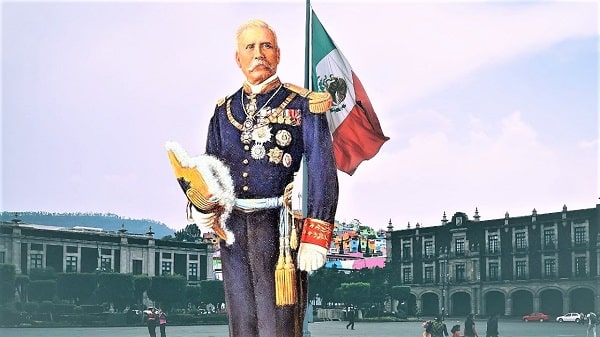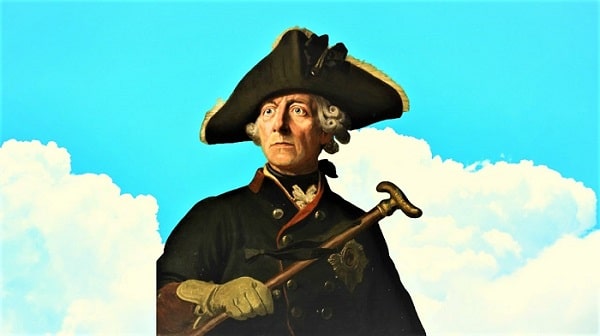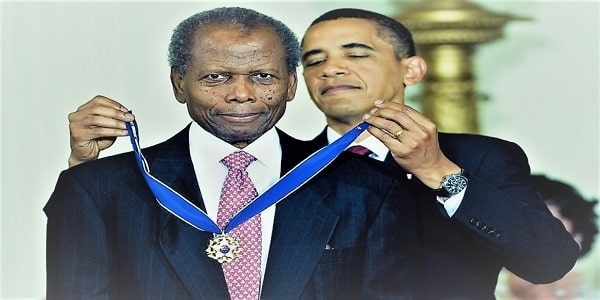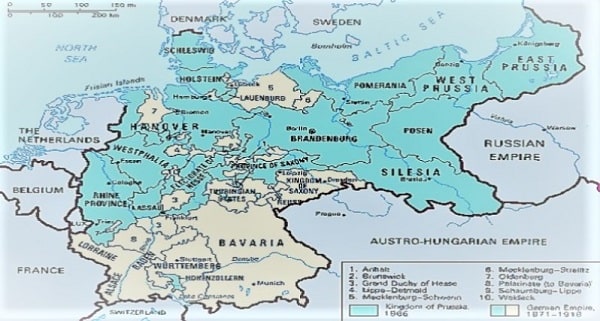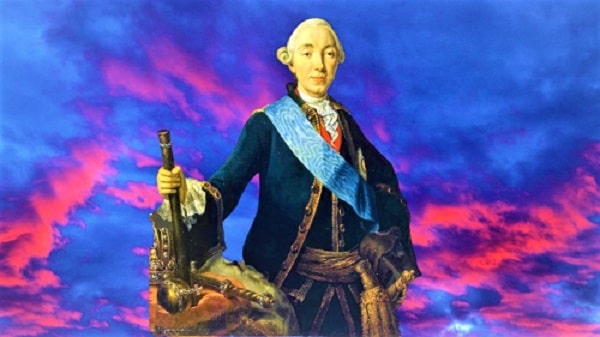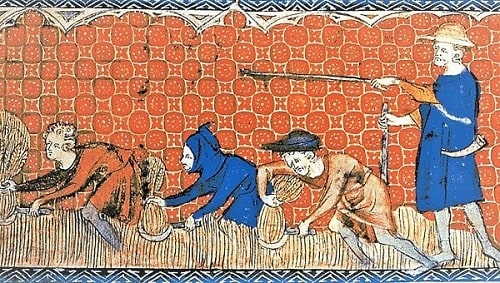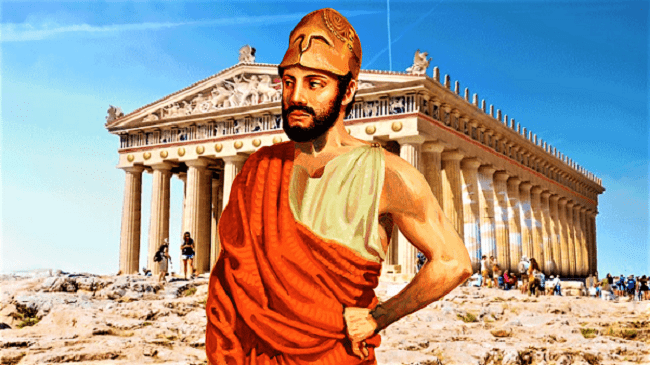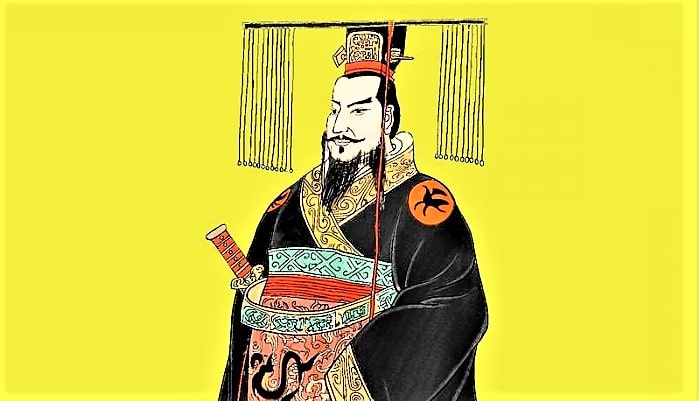Porfirio Diaz | Biography, Presidency, Legacy, Quotes & Death
Porfirio Diaz or José de la Cruz Porfirio Díaz Mori (Born on 15 September 1830 – Died on 2 July 1915) was a Mexican dictator and politician, who served seven terms as President of Mexico, a total of 31 years, from 1876 to 1911. Those periods, in the history of Mexico, also known as the Porfiriato.Porfirio Diaz began life as a poor nobody before rising to become his country’s absolute dictator. Starting in 1876, Diaz ruled Mexico with an iron fist for over three and a half decades, leaving power only when swept from it by the tides of revolution. Yet the story of Diaz is more than just the story of an autocrat.Although a strongman, Diaz oversaw one of the most sustained periods of progress in Mexican history. Under his watch, the country modernized and transformed… even as democracy...
